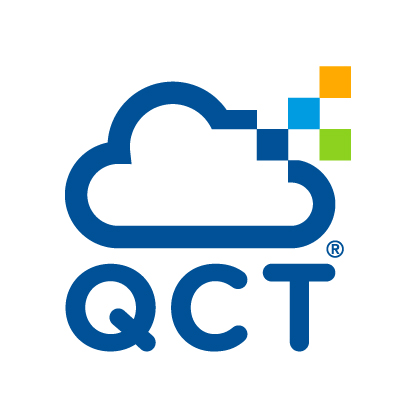Infrastructure Project Manager who will be responsible for the managing and implementing of Infrastructure-based projects with quality, within scope and to ensure deliverables are on time and conform to processes and standards meeting customer’s requirements. The Infrastructure Project Manager is also responsible for the following scope in addition to project administration, resource scheduling, project financial health monitoring, risk/issue management and quality assurance.
Project & Service Management
Lead, deliver and maintain projects within time, scope, and cost
Ensure project delivery quality
Plan & establish project schedules, quality plans, budgets, and communication and risk management plans
Manage issues arising out of scope definition and disputes that impacted scope, schedule, and cost
Manage issues arising from integration of various components of the project, e.g. hardware, software installation, testing, business process review, redesign, application development, migration and data conversion etc
Manage project financials, ensuring project cost/ revenue forecast is done accurately
Oversee the implementation of the project with regards to schedules, budget, manpower and quality
Resolve project overrun issues
Track project progress and report to Senior Management and Customer
Manage resources in terms of mobilizing resources during different periods of time from team to team to maximize productivity or minimize wastage
Lead the project and service team on smooth project transition to operation in accordance with customer requirement and processes.
Manage project operation and ensure service level is maintained without financial penalty and security incident due to negligent or lack of awareness
Customer/Vendor/ Stakeholder Management
Manage contracts and subcontractors
Effectively engaged stakeholders in project decisions and execution
Build long-term customer relationships by anticipating and exceeding customer’s expectation
Negotiate with customers on change control mechanism to meet schedules and prioritize changes based on business needs
Strong customer-service orientation
Stakeholder Collaboration: Collaborate effectively with cross-functional teams (IT operations, engineers, vendors) to ensure project success.
Scope and Risk Management: Oversee project scope, budget, and risk, ensuring alignment with network objectives.
Experience in managing government-approved vendors and contractors.
Understanding of procurement processes and contract management within the public sector.
Team Management
Work cohesively, lead, guide, manage and motivate the projects’ team members in delivering quality project works, eliminating project exceptions, and delighting the customers
Plan for optimal use of resources across teams comprising of Project and Technical competencies
Manage performance review of team and maintain open communication with team for feedback on continuous improvement
Ensure high individual and staff billability
Technical Skills
Network and Server Infrastructure: Proficiency in designing, implementing, and managing network infrastructure components such as routers, switches, firewalls, load balancers, servers, storage, middleware and VPNs.
Cloud Technologies: Familiarity with cloud platforms (e.g., Azure, AWS, Google Cloud) and their infrastructure services.
Virtualization: Knowledge of virtualization technologies (VMware, Hyper-V, KVM) for server consolidation and resource optimization.
Storage Solutions: Understanding of storage technologies (SAN, NAS, DAS) and data management.
Security: Awareness of security best practices, including access controls, encryption, and vulnerability management.
Project Management Tools: Proficiency in using project management software (e.g., Microsoft Project, Jira) for planning, tracking, and reporting.
Change Management: Knowledge of change control processes and tools to manage modifications to infrastructure.
ITIL Framework: Familiarity with ITIL principles for service management.
Scripting and Automation: Basic scripting skills (e.g., PowerShell, Python) to automate repetitive tasks.
Disaster Recovery and Business Continuity: Understanding of DR/BC planning and implementation










